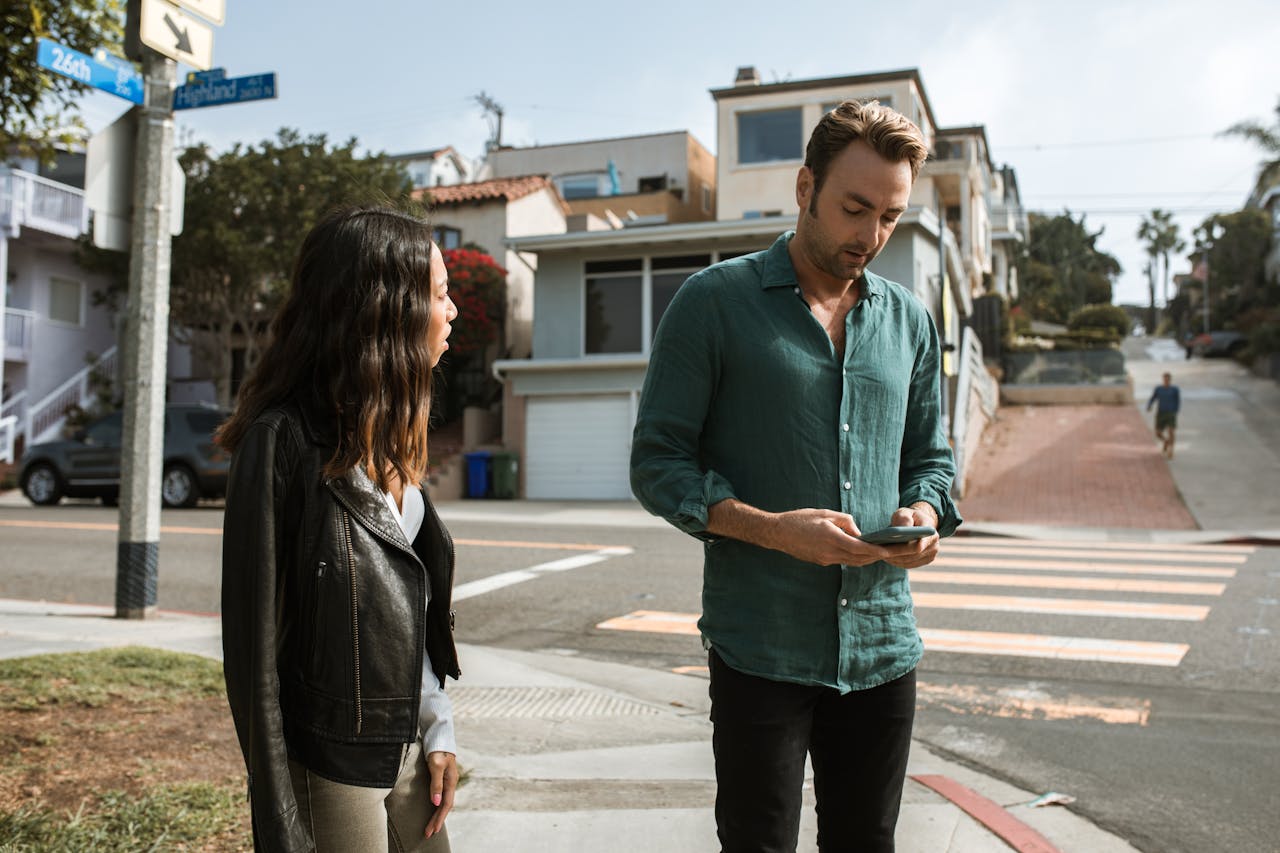
Public spaces are places where we interact with strangers daily—at parks, malls, transit stations, and more. While most encounters are harmless, some strangers use subtle tactics to influence our decisions or behavior. Recognizing manipulation in public spaces is important for protecting your personal boundaries and safety. Manipulative tactics can be hard to spot, especially when they’re wrapped in politeness or urgency. By learning how strangers manipulate you in public spaces, you can stay alert and make better choices. This knowledge can also help you support others who might be at risk.
1. Creating False Urgency
One common form of manipulation in public spaces is when a stranger tries to rush you into making a decision. They might claim there’s only one item left, or say you need to act immediately to help someone. This sense of urgency is designed to bypass your logical thinking and trigger an emotional response. If you feel rushed, pause and assess the situation before taking action.
2. Playing on Sympathy
Some people manipulate you in public spaces by appealing to your empathy. They might share a dramatic story or present themselves as desperate, hoping you’ll offer money or assistance. While many people in need are genuine, manipulative individuals use exaggerated or fabricated stories to take advantage of your kindness. Listen to your instincts and look for inconsistencies before getting involved.
3. Using Authority or Uniforms
Strangers sometimes wear uniforms or carry badges to appear official, hoping you’ll comply with their requests without question. This manipulation in public spaces works because we’re conditioned to respect authority. Always verify credentials before handing over information or following instructions, especially if something feels off. If you’re unsure, contact the organization directly.
4. Creating a Scene
Manipulators may create a distraction or cause a commotion to draw your attention away from your belongings. While you’re focused on the disturbance, an accomplice might pickpocket or steal from you. This tactic is common in crowded areas like subways or festivals. Stay aware of your surroundings and keep your valuables secure.
5. Offering Unwanted Help
It might seem helpful when a stranger offers to assist you with your bags or directions, but sometimes this is a setup for manipulation in public spaces. The “helper” may expect payment, invade your personal space, or use the opportunity to access your possessions. When someone insists on helping despite your refusal, be cautious and assertive.
6. Guilt-Tripping
Guilt is a powerful motivator, and some strangers use it to manipulate you in public spaces. They might imply you’re selfish or uncaring if you don’t comply with their request. This tactic can make you second-guess your boundaries. Remember, you have the right to say no without explanation or apology.
7. Mirroring and Flattery
Some manipulators try to establish a quick rapport by mimicking your body language or offering compliments. This makes you feel understood and liked, which can lower your guard. Once trust is built, they may ask for favors or sensitive information. If someone you just met seems overly familiar, keep your distance and stay alert.
8. Crowd Manipulation
In busy public spaces, strangers sometimes use group pressure to influence your actions. They may encourage you to join in with a crowd—like signing a petition or donating money—so you feel compelled to conform. This manipulation in public spaces preys on our natural desire to fit in. Ask yourself if you would make the same choice alone.
9. Emotional Blackmail
Emotional blackmail happens when someone threatens negative consequences if you don’t comply. For example, a stranger might say they’ll be stranded, or that something bad will happen unless you help. This tactic puts you in a tough spot, making you feel responsible for their well-being. Remember, you’re not obligated to fix a stranger’s problems, especially if you suspect manipulation.
Protecting Yourself from Manipulation in Public Spaces
Being aware of manipulation in public spaces is the first step to protecting yourself and others. Trust your instincts—if something feels off, it probably is. Take your time before responding to strangers, and don’t hesitate to walk away from uncomfortable situations.
It’s also smart to stay informed about common scams and tactics used in different environments. Many cities and organizations publish safety tips online, such as this page on recent scam alerts. Sharing your experiences and tips with friends and family can help everyone stay safer in public spaces.
Have you ever experienced manipulation in public spaces? What signs helped you spot it? Share your stories and advice in the comments below!
What to Read Next…
- Predator Alert Creepy Tactics Predators Use And How To Outsmart Them
- 5 Warning Signs That Someone Is Manipulating You And How To Protect Yourself
- How To Respond If You’re Confronted By An Aggressor 5 Key Tips
- 7 Ways To Stay Safe While Out For A Run Or Walk Alone
- What To Do If You’re Being Followed 6 Crucial Steps

Travis Campbell is a digital marketer and code developer with over 10 years of experience and a writer for over 6 years. He holds a BA degree in E-commerce and likes to share life advice he’s learned over the years. Travis loves spending time on the golf course or at the gym when he’s not working.







